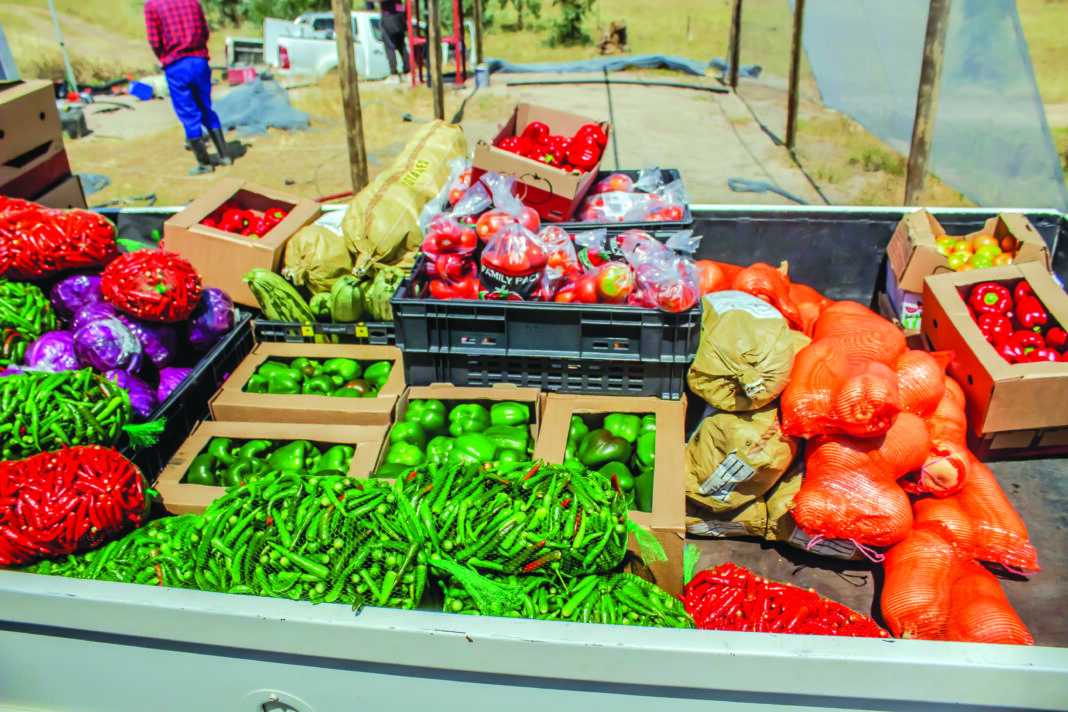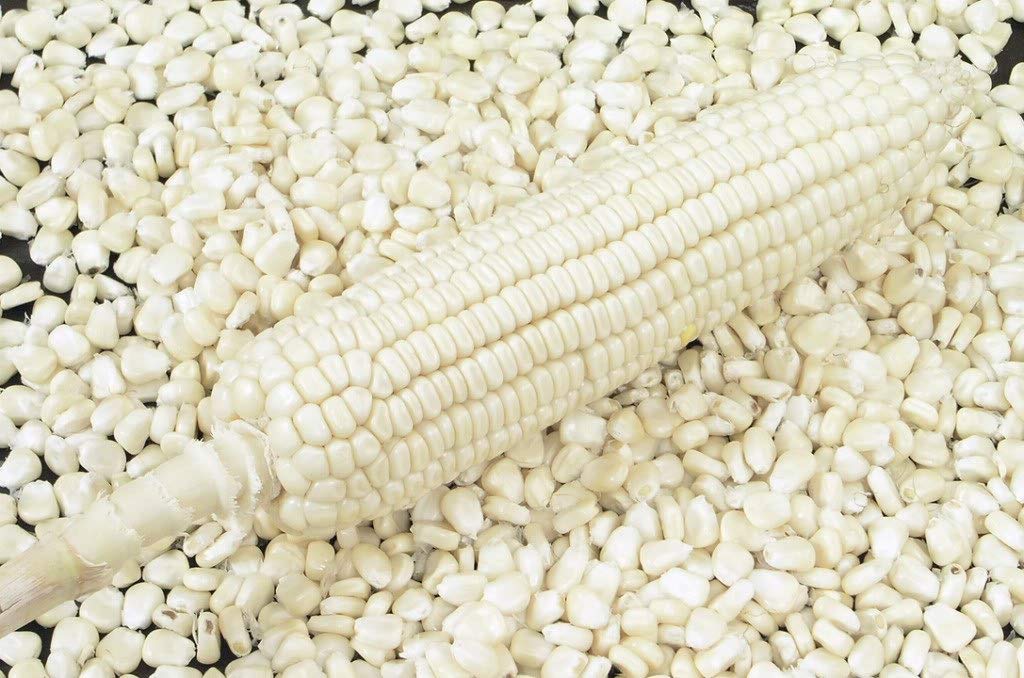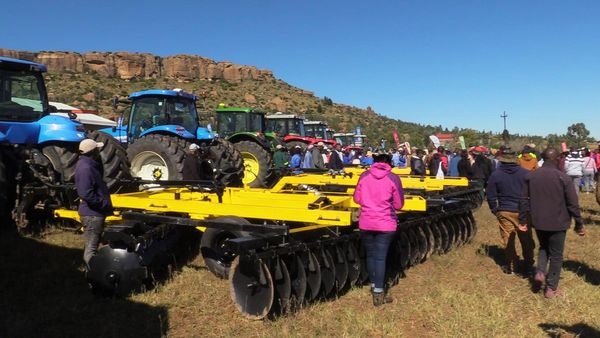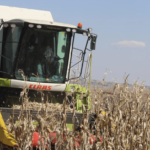By Lerato Matheka
Lesotho’s agricultural landscape is poised for transformation with the recent budget allocation of M1.3 billion, signalling a renewed commitment to bolstering production and fostering food security. Agriculture Minister Thabo Mofosi’s appearance before the National Assembly, requesting M547 million for the 2024/2025 financial year, underscores the government’s determination to elevate the agricultural sector.
In his parliamentary presentation, Minister Mofosi outlined ambitious targets aimed at significantly increasing production across key crops.
The ministry aims to ramp up maize production from 27,900 tons to an impressive 135,000 tons, surpassing the previous year’s target of 47,322 tons.
Similarly, wheat production is set to rise from 5,700 tons to 9,720 tons, while high-value crops like potato seeds are slated for a substantial increase from 3.16 to 7.2 tons.
Highlighting the importance of livestock, Minister Mofosi articulated plans to enhance wool and mohair production, with targets set at 5,110 tons and 698.7 tons, respectively.
“Despite challenges, including external factors like outbreaks in neighbouring South Africa, the ministry remains resolute in its pursuit of agricultural excellence.
“We managed to produce 4997.9 wool and 682.1 mohair during the last financial year,” he said.
One of the key strategies outlined by Minister Mofosi is the expansion of household production, with a target of increasing participating households from 5,000 to 10,500.
“This aims to empower local communities and reduce dependency on food imports, thereby bolstering national food security,” the minister said.
The rehabilitation of irrigation schemes emerges as a critical focus area, with Minister Mofosi highlighting ongoing efforts to revitalise key schemes across the country.
Recognising the pivotal role of irrigation systems in mitigating the effects of climate change, the minister stressed his ministry’s commitment to ensuring increased yields and sustained agricultural productivity.
Furthermore, Minister Mofosi acknowledged the invaluable support received from partners like Lesotho Post Bank, which facilitated funding for 47 farmers to acquire essential agricultural machinery.
The completion of the Artificial Insemination Centre in Quthing district stands as a testament to the ministry’s dedication to enhancing livestock productivity and reducing production costs.
Looking ahead on the government’s plans for the agriculture sector, Finance and Development Minister Dr. Retšelisitsoe Matlanyane outlined a vision for sustained growth, with agriculture positioned as a cornerstone alongside technology and infrastructure.
Despite the challenges posed by climate change, the government remains steadfast in its commitment to fostering resilience and driving progress across all sectors. Matlanyane said.
As Lesotho charts its course towards agricultural prosperity, Minister Mofosi reiterated the ministry’s unwavering commitment to empowering farmers, fostering innovation, and building a sustainable future for generations to come. Through collaborative efforts and strategic investments, the nation is poised to unlock its full agricultural potential and pave the way for economic growth and prosperity.
Summary
- One of the key strategies outlined by Minister Mofosi is the expansion of household production, with a target of increasing participating households from 5,000 to 10,500.
- Recognising the pivotal role of irrigation systems in mitigating the effects of climate change, the minister stressed his ministry’s commitment to ensuring increased yields and sustained agricultural productivity.
- The completion of the Artificial Insemination Centre in Quthing district stands as a testament to the ministry’s dedication to enhancing livestock productivity and reducing production costs.

Your Trusted Source for News and Insights in Lesotho!
At Newsday Media, we are passionate about delivering accurate, timely, and engaging news and multimedia content to our diverse audience. Founded with the vision of revolutionizing the media landscape in Lesotho, we have grown into a leading hybrid media company that blends traditional journalism with innovative digital platforms.










